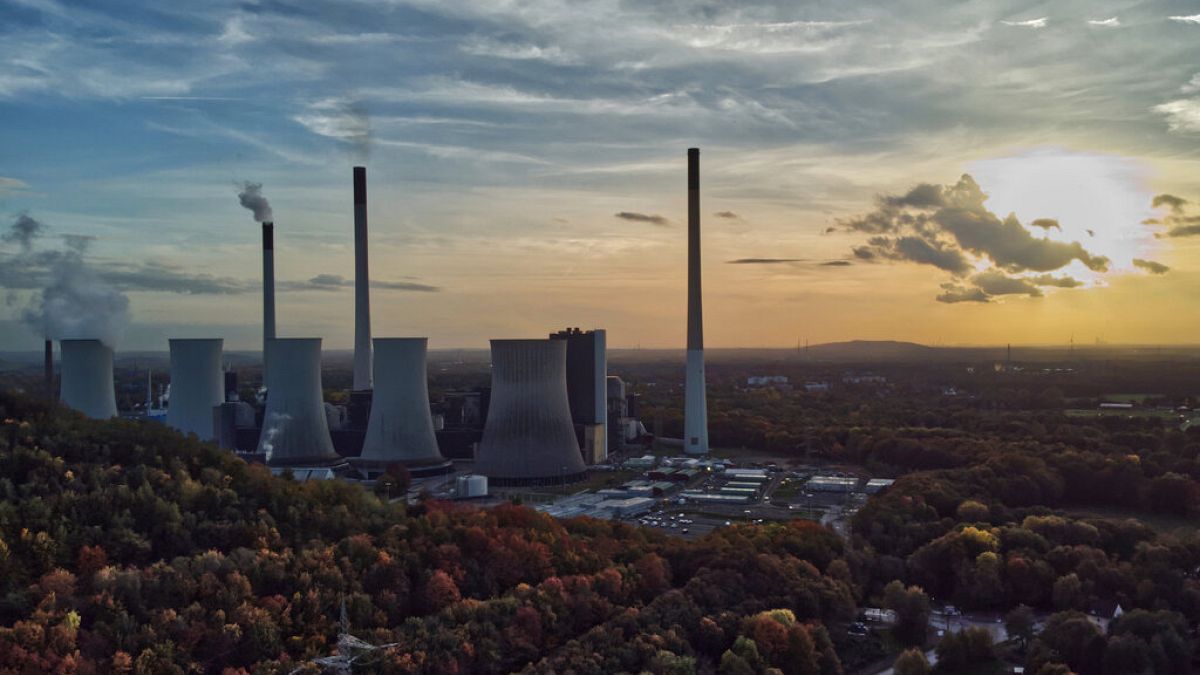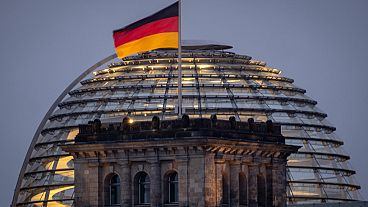Germany saw a fall in gross domestic product in the last quarter of 2023, following two back-to-back quarters of stagnation.
Germany’s quarter-on-quarter gross domestic product (GDP) report for Q4 2023 was released on Thursday morning. Europe’s largest economy saw a decline of 0.3% in the last quarter of 2023, according to the Federal Statistical Office. This was in line with analyst expectations.
In the third quarter of 2023, Germany’s GDP contracted -0.1%. Due to the fourth quarter of the year also seeing a contraction, Germany could potentially be in technical recession, which is widely defined as two consecutive quarters of negative growth.
This was mainly due to higher prices, as well as soaring interest rates and borrowing costs. Dampened foreign demand for the construction and manufacturing sectors also contributed to this figure.
Gross fixed capital formation saw a decline of 1.9% in Q4 2023, mainly because of investments falling in machinery and equipment (-3.5% in Q4 2023, vs 1.4% in Q3 2023). Construction investments also dropped (-1.7% in Q4 2023, vs -0.8% in Q3 2023).
Conversely, private consumption increased 0.2% this quarter vs stagnant growth in Q3 2023. Public spending also inched up by 0.3% in Q4 2023, although it was still less than the 1.1% rise seen in the previous quarter.
Year-on-year GDP growth was -0.2% in Q4 2023, a notch better than Q3 2023’s -0.3% and also in line with market expectations.
For the full year 2023, Germany’s GDP shrank 0.3%.
Why is Germany’s economic growth slowing?
Germany’s economic growth is slowing because of a wide range of factors, mainly dampened house-building and construction activity, as well as reduced industrial demand from abroad. This is likely due to more cautious foreign spending as most global economies deal with the lingering impact of the pandemic as well as increased mortgages and borrowing costs.
Due to interest rates rising considerably in several major economies such as the EU and the US, investment in new construction projects have either been put on hold or in several cases, postponed. This is largely because many of the projects are relying on debt to fund them.
Germany is also seeing an increase in industrial action, impacting several sectors such as agriculture, due to the winding up of agricultural diesel subsidies. This has led to more protests by farmers in many parts of the country.
The airline industry is also seeing more strikes at the moment, with Germany’s national carrier Lufthansa having had to ground as many as 80% of their flights in the last few days.
As reported by the Telegraph, Carsten Brzeski, global head of macro at ING, said, “We expect the current state of stagnation and shallow recession to continue. In fact, the risk that 2024 will be another year of recession has clearly increased.”



